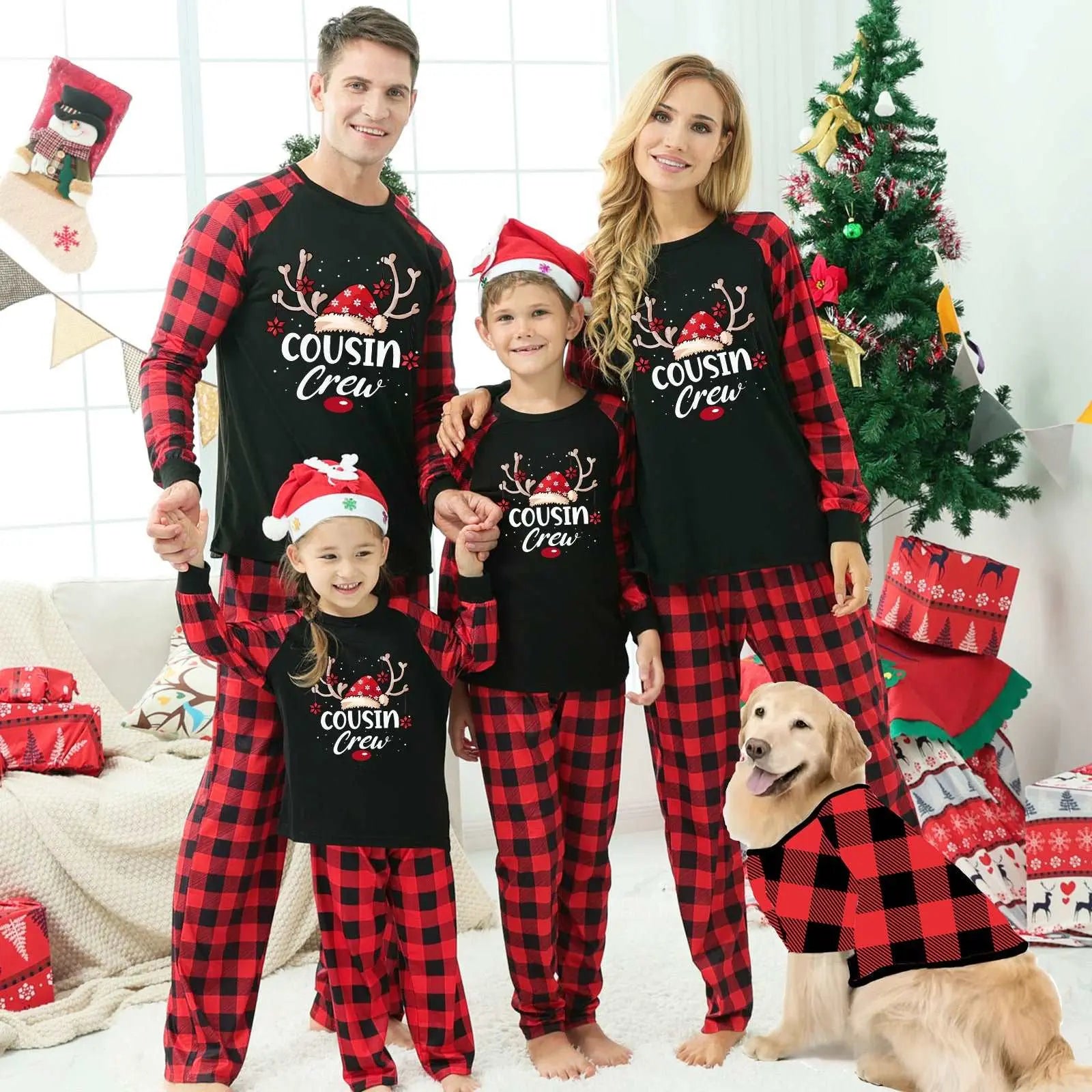ou ever order that perfect dress online, just to have a scratchy scarf show up instead? Oh, I’ve been there. Maria S. here, from MG Pajamas. Let me tell you, online shopping can be both thrilling and nerve-wracking. Last summer, I thought I found this steal of a deal on a trendy jumpsuit—turned out, I was the one being stolen from. That scam taught me everything I needed to know about safe online shopping, and today, I’m sharing all my tips so you can shop confidently. But before we proceed check my previous guide on Why you need Matching Pajamas
Understanding Online Scams: The Real Deal
Online shopping has skyrocketed in popularity. But with that convenience comes risk. Scammers are everywhere, setting up fake websites or sending you emails that look like they’re from legit stores. Did you know the FTC reported that online shopping scams were among the top fraud cases last year? Yep, people are losing millions over fake deals and non-existent items. Let’s break down the most common traps:
-
Fake Websites: These sites look like big-name stores but sell either counterfeit or no products at all.
-
Phishing Emails: "Click here for 80% off," they say. Next thing you know, your credit card info is gone.
-
Too-Good-To-Be-True Deals: That $20 designer coat? Probably a scam.
-
Pressure Tactics: “Only 2 left! Buy now!”—a classic trick to make you rush decisions.
My Top 10 Tips for Safe Online Shopping
1. Stick to Reputable Stores
Big names like Nordstrom or Zara? Safe bets. New site with zero reviews? Research first. Check forums, review sites, and even Reddit for real feedback.
2. Check for Security Clues
Does the URL start with "https://"? Is there a padlock icon next to it? If not, close that tab.
3. Trust Reviews, But Verify Them
A friend of mine once bought a hoodie based on glowing reviews—only to find out later they were fake. Stick to trusted review platforms like Trustpilot or Better Business Bureau.
4. Use Credit Cards or PayPal
These offer fraud protection. Debit cards? Not so much. And if someone asks for payment via gift cards, run.
5. Beware of Deals That Feel Too Good
One time I saw this Gucci bag for $40. Almost got it, but a quick Google search revealed it was a common scam.
6. Avoid Random Emails and Links
Never click links in unsolicited emails. Legit retailers won’t ask for your personal info that way.
7. Look for Contact Info
Real stores have phone numbers, addresses, and responsive customer service. Fake ones? Usually just an email form.
8. Regularly Monitor Your Bank Statements
I check mine weekly. Spot anything fishy? Call your bank immediately.
9. Use Strong Passwords
A weak password is like leaving your front door unlocked. Try a password manager if remembering them is tough.
10. Listen to Your Gut
If something feels sketchy, it probably is. Trust your instincts.
Spotting Quality Clothing Websites
Safety aside, how do you make sure the clothes are worth it? Here’s what I look for:
1. Check Brand Reputation
Look up reviews on independent platforms. A new brand I tried, MG Pajamas, had stellar reviews about quality—and they delivered.
2. Inspect Product Details
Vague descriptions? Blurry photos? Huge red flags. Legit sites give detailed size guides, material breakdowns, and multiple images.
3. Return Policy Transparency
If they don’t accept returns or have a shady policy, think twice. I’ve been burned by stores with “no returns on sale items” before.
4. Size Guides Are a Must
Who hasn’t ordered a medium that fits like an XS? A good store provides measurements to save you the trouble.
5. Clear Shipping Options
Reputable retailers lay out shipping costs upfront. If it feels like they’re hiding something, they probably are.
Common Search Queries Around Online Shopping Scams
1. How do I know if a website is legit?
Check for “https,” read reviews, and see if they’re listed on scam-reporting forums.
2. What if I got scammed online?
Contact your bank immediately. File a report with the FTC or your country’s consumer protection agency.
3. Are social media ads trustworthy?
Mostly, no. Do your research before buying anything through Instagram or Facebook ads.
4. Can I get my money back after a scam?
If you used a credit card or PayPal, there’s a good chance. Debit cards are trickier.
5. What’s the safest way to shop online?
Stick to known retailers, use secure payment methods, and never rush into deals.
Safe shopping, friends. Remember: If a deal feels too good to be true, it’s probably not worth the risk. Stay cautious, and keep those wardrobes scam-free
Don't forget to check our Matching pajamas | Christmas Pajamas | Ugly Sweaters Thank You













